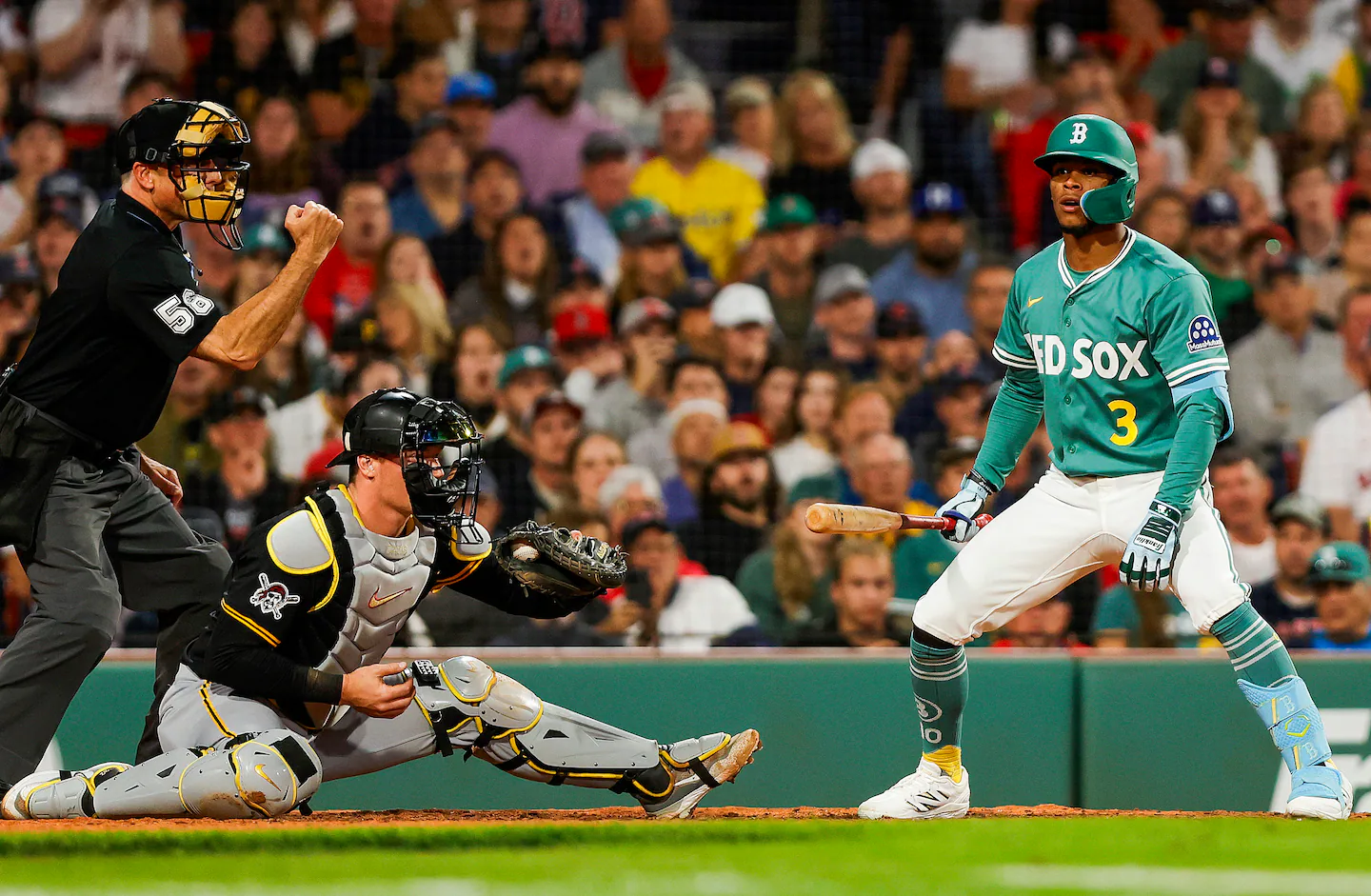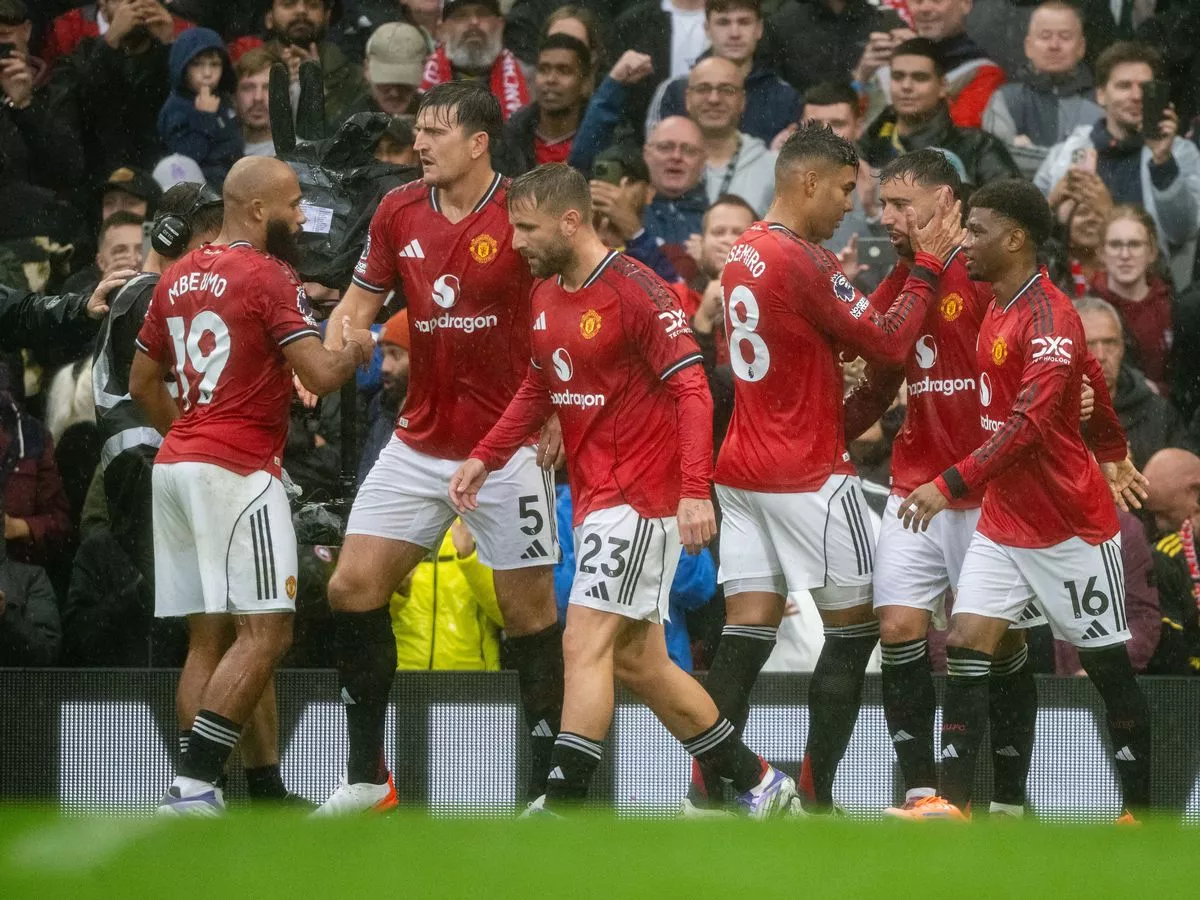
Finnegan Schick is an attorney in Boston.
A tradition as old as baseball is coming to an end. Major League Baseball announced this week it will be extending video review into the last stubbornly human corner of the game: balls and strikes. Beginning next year, each team will be allowed two challenges of an umpire’s call at the plate, which will be checked instantly against an Automated Ball-Strike Challenge System installed in the ballpark. Instead of the umpire having the final say, a computer using cameras and tracking software will decide where the strike zone is. The verdict will be flashed on the stadium screen, with the umpire standing by as the technology announces the call.
This may sound like progress. We live, after all, in an age of replays, frame-by-frame reviews, and apps that can tell you in real time whether a pitch caught the edge of the plate. To some, it seems only natural that the game should keep pace, that getting it right should trump everything else. But to my eyes, this latest change to the game is a swing and a miss.
For one thing, fallibility is the umpire’s charm; indeed, it is the source of his authority. Every child who has ever stood fidgeting in a Little League batter’s box learns, sooner or later, that the strike zone is as much a function of personality as it is geometry. One ump is generous on the corners; another favors the high fastball. They all have quirks, preferences, blind spots. You don’t argue with the strike zone; you adjust to its contours over the course of a game. You learn that authority is human, and that humans can err. Sometimes they call it your way, sometimes not. In a world ever more allergic to imperfection, the umpire’s fallibility is a rare reminder that rules and judgments come wrapped in flesh and blood.
Advertisement
The counterargument is that, in the era of constant replay and computer overlays, the umpire’s mistakes only corrode respect for his authority. Why should baseball fans or players respect a strike call that everyone knows to be wrong? In this light, the new review system seems almost merciful: a chance to rescue the umpire from his own errors, to uphold his office by outsourcing his judgment in decisive moments.
Advertisement
But there is a world of difference between respecting an umpire only when it is convenient and respecting him no matter what. Authority, at its best, commands respect not only because it coincides with perfection but because it requires deference even in its imperfection. That deference is part of the social contract: We agree, all of us, to live with the outcome, even when the outcome seems unjust.
By introducing computer technology into this most fundamental part of the game, MLB has flipped that dynamic: Respect is now conditional, subject to appeal, a matter for the cameras and computers to arbitrate. The umpire is reduced to a functionary, his rulings provisional until overruled. And unlike with replay review, ABS does not appear to involve any human judgement. When technology makes the call, there is no one for coaches to shout at, nobody the fans in the park can hurl blame on. Perhaps this is a desirable change, but I would prefer a pugilistic, live, in-your-face kind of sport to an anodyne one in which conflicts are resolved by an out-of-sight machine.
Advertisement
The other cost, of course, is time. Baseball is already a sport accused of dragging on for too long, and Commissioner Rob Manfred has bent over backward to shorten games: pitch clocks, mound-visit limits, restrictions on batters stepping out of the box. These changes have been for the better. And yet here we are adding another mechanism for delay, another opportunity for managers to huddle, wave from the bench, and wait for the computer to beam its judgment across the screen. Baseball has always been a game of the park, the diamond, the feel of a lazy afternoon gathering momentum. It loses something every time a call is sent out for a verdict. And a game that should feel immediate, communal, and organic instead becomes a broadcast product.
Baseball should have held out. The umpire crouched behind the plate, mask low, voice carrying through the park: “Steee-rike!” That was a sound you lived with. Sometimes it thrilled you, sometimes it broke your heart, but it always reminded you that life is played out under rules interpreted by human eyes.
I worry about a generation that grows up thinking that close calls can be appealed to the cameras, every disappointment corrected by a higher authority. There is wisdom in learning otherwise. The umpire’s fallibility was never a defect to be engineered away but a teacher: Respect authority, accept mistakes, and move on.
Let baseball remain baseball: flawed, fallible, and human. Leave the strike zone where it belongs — in the hands of the man in black, squatting behind the plate, as he always has.
Advertisement



